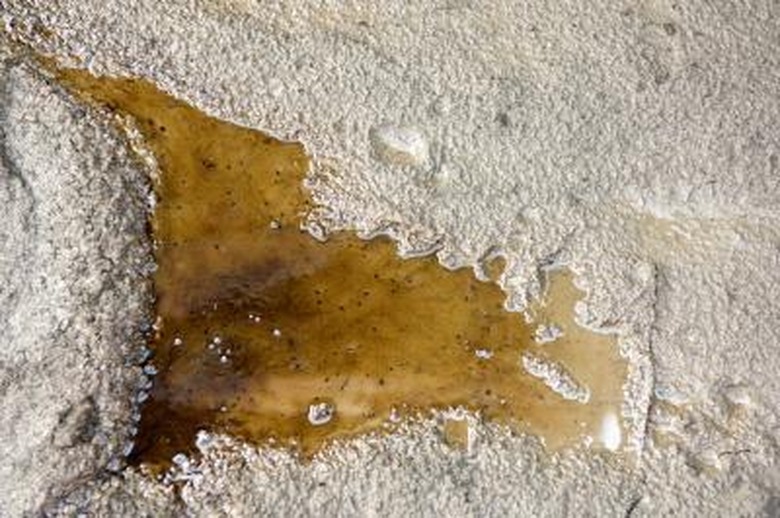Uses For Fossil Fuels
Fossil fuels get their name from their formation from dead plant and animal matter that was compressed and heated over millions of years. According to the U.S. Department of Energy, fossil fuels are used to generate more than 85 percent of the energy used by the country.
Electricity
Electricity
Coal alone provides half the electricity in the United States. The U.S. Department of Energy expects about 90 percent of the power plants built between 2009 and 2029 to use natural gas. Fossil fuel use in general also is expected to rise because of increased power demands.
Heating
Heating
Oil and natural gas are commonly used for heating homes as well as providing heat for industrial applications.
Transportation
Transportation
Oil supplies 99 percent of the energy for cars in the form of gasoline and diesel. Natural gas technologies also are being developed for automobiles.
Limits
Limits
Fossil fuels are non-renewable resources, which means there is a limited supply. As more fossil fuels are used, the unused resources will be more costly to collect and prices will rise.
Considerations
Considerations
When fossil fuels are burned, they release pollutants that contribute to global warming and acid rain.
Cite This Article
MLA
Kennan, Mark. "Uses For Fossil Fuels" sciencing.com, https://www.sciencing.com/uses-fossil-fuels-5294988/. 24 April 2017.
APA
Kennan, Mark. (2017, April 24). Uses For Fossil Fuels. sciencing.com. Retrieved from https://www.sciencing.com/uses-fossil-fuels-5294988/
Chicago
Kennan, Mark. Uses For Fossil Fuels last modified March 24, 2022. https://www.sciencing.com/uses-fossil-fuels-5294988/
